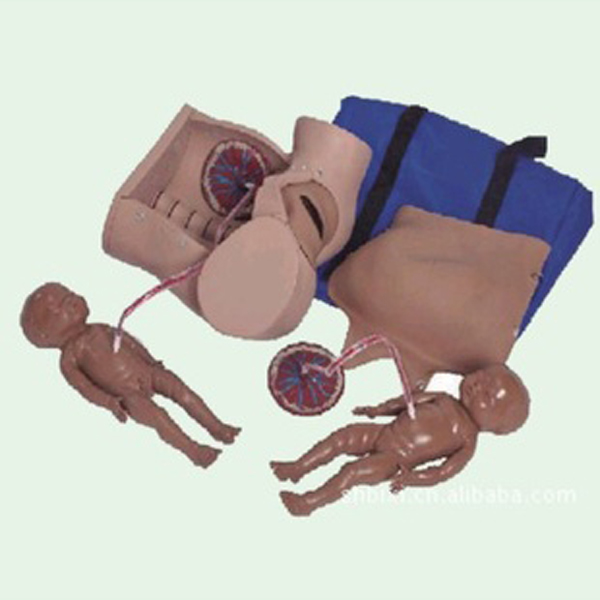Welcome to visitShanghai Chinon medical Model & Equipment Manufacturing Co., LTD
Childbirth skills refer to a series of professional knowledge and skills that medical staff need to possess during the midwifery process. These skills are vital to ensuring a safe and successful birth for mother and baby. Here are some key birthing skills:
Prenatal assessment: Before delivery, medical staff need to conduct a comprehensive assessment of the mother, including her health, the condition of the fetus, and the feasibility of delivery. This involves careful analysis of the mother's medical history, signs, and examination results to determine the best method of delivery.
Midwifery skills: Midwives need to master a series of midwifery skills, such as how to correctly apply forceps, suction devices and other tools to assist in delivery. At the same time, they also need to know how to push properly, when to push, and how to work with the mother to ensure a smooth delivery.
Fetal monitoring: During delivery, fetal monitoring is crucial. Medical staff need to use fetal monitors and other equipment to monitor the fetus' heart rate, blood oxygen saturation and other indicators, so as to detect any abnormalities in time and take corresponding measures.
Pain Management: Pain during labor is a huge challenge for women. Medical staff need to master effective pain management techniques, such as using analgesics, performing massage or breathing exercises, to help women relieve pain and stay relaxed.
Emergency Management: Although we hope that the birth process will go smoothly, there is always the possibility of emergencies such as fetal distress, placental abruption, etc. Medical staff need to be proficient in emergency treatment skills, including how to quickly perform cesarean section and how to control bleeding.
Psychological support: Childbirth can be an emotional challenge for women. Healthcare workers need to provide psychological support to help them stay calm, confident and relaxed. This includes encouraging women to express their feelings and providing comfort and advice.
In order to master these delivery skills, health care workers often need to receive professional training and education. In addition, they also need to continuously accumulate experience in practice to improve their skill levels. Through continuous learning and practice, medical staff can ensure that they have sufficient delivery skills to ensure the safety and health of mothers and babies.
The advanced delivery comprehensive skills training model BIX-F55 is a medical teaching tool specially used to simulate the delivery process and conduct comprehensive skills training. This model has multiple functions and is designed to provide a realistic delivery environment and help medical staff train in skills such as prenatal examination, midwifery, delivery, and perineal protection.

|
NEXTпјҡReshaping health cognition: natural large spine with pelvis and half-leg bone model
LASTпјҡWhat is intrauterine contraception? |
Return list |